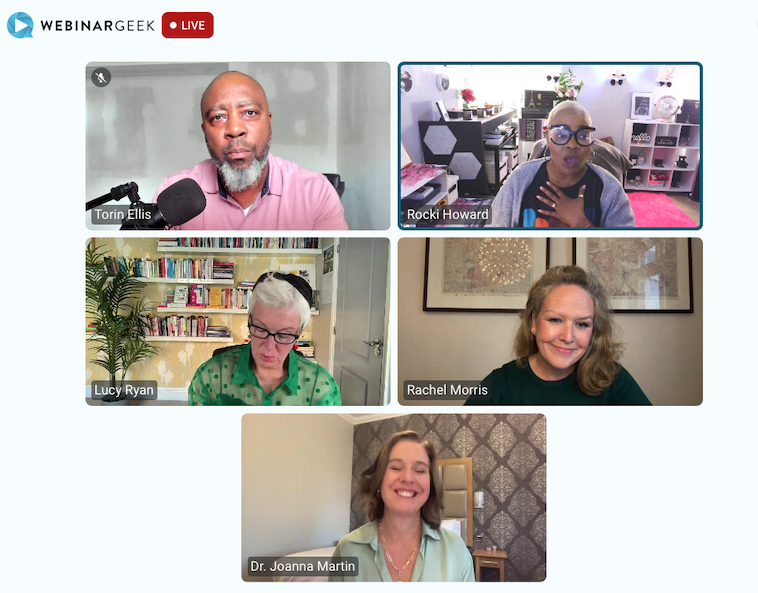Top 10 Lessons from the YoUnity - Journey to Equity Event
In today's fast-paced world, balancing career and family is a significant challenge, especially for working mothers. Rachel Morris recently joined a panel of experts at the yoUnity – Journey to Equity event to highlight the importance of understanding and supporting this demographic. Here are the top 10 lessons she explored, that can help organisations become more inclusive and supportive environments for working mothers.
1. Understand the Phases of Transition
Recognising that working mothers experience three key phases—before the baby arrives, during parental leave and upon returning to work—enables better support strategies tailored to their needs.
2. Educate and Upskill
Organisations should invest in training programs for all employees to enhance understanding of the challenges faced by working mothers. This includes educating line managers and team members on coping mechanisms and support systems.
3. Foster Open Communication
Create an open dialogue where working mothers feel comfortable expressing their needs and concerns. Encouraging this transparency helps organisations adapt their support accordingly.
4. Build Peer Support Networks
Setting up peer networks among working mothers can provide a sense of community. These groups allow mothers to share their struggles and solutions, creating a supportive environment.
5. Practice Active Listening
Listening deeply to the concerns of working mothers is crucial. Leaders and manager should cultivate a culture of listening without judgment, proving to employees that their voices are valued.
6. Acknowledge Emotions
Recognising that feelings of overwhelm and stress are common during transitional phases allows colleagues to respond sensitively. Understanding these emotions can facilitate better support systems.
7. Encourage Work-Life Balance
Promote a healthy work-life balance by offering flexible work arrangements wherever possible. This can greatly alleviate the stress of parental responsibilities alongside work commitments.
8. Provide Coaching Resources
Investing in coaching for both working mothers and their line managers can lead to improved communication and understanding of individual needs during the transition to motherhood and then back into the workplace.
9. Analyse and Act on Feedback
Collect feedback from working mothers regularly and act on it. By doing so, organizations can adapt strategies to better meet the changing needs of their employees.
10. Share Personal Stories
Encourage working mothers to share their personal experiences. This can raise awareness among colleagues and foster empathy, leading to a more supportive workplace culture.
By implementing these lessons, organisations, leaders and managers can create an empowering environment for working mothers, helping them thrive in both their personal and professional lives.
Watch Rachel explain these and other points during her talk here.


